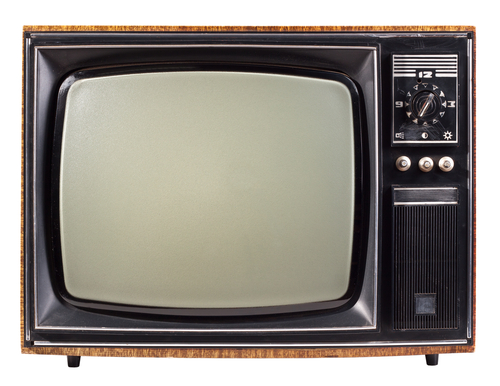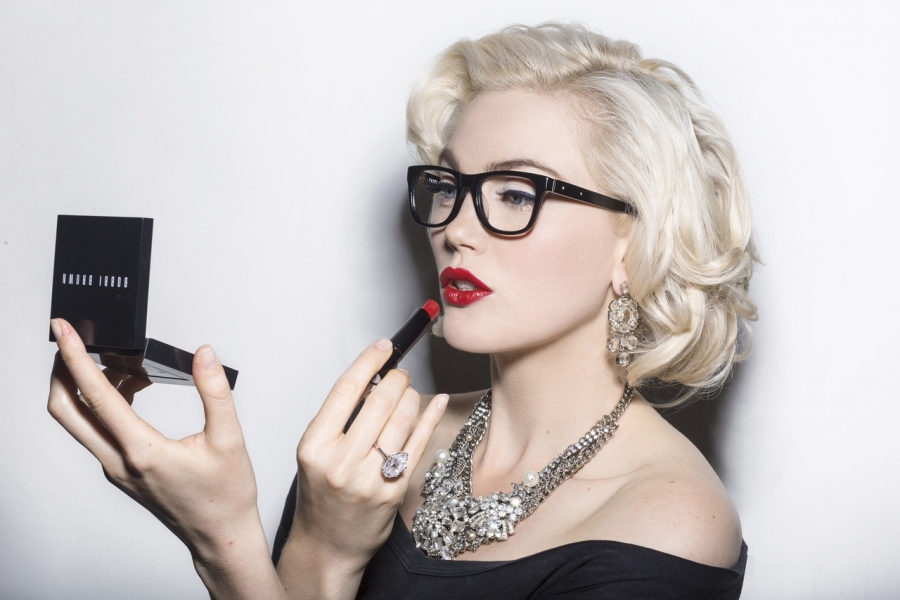Too bad nobody told that to the decision makers on“American Idol” this season, who appear to have all but abandoned their search for a general-interest pop star in favor of a set of finalists with distinctive — probably too distinctive — voices. It’s as if, unnerved by the breakaway success of “The Voice,” “Idol” has opted to import what it perceived to be its competitor’s advantage — choosing voices over people — without realizing that the decisions should go the other way.
The 13 finalists on “Idol” were a collection of vocal types more than potential stars: the magnificent church shouts of Joshua Ledet; the untested belting of Shannon Magrane; the airy falsettos of Jeremy Rosado and Deandre Brackensick; the full-bodied blues-soul of Elise Testone; the Korean-accented soul of Heejun Han; and the dignified low rumble of Jermaine Jones, who was ousted this month for not disclosing an arrest record. Great voices, all — well, maybe not Ms. Magrane’s — but almost all beset with flaws as personalities seeking votes.
Even the groove-folk singer Phillip Phillips, the most marketable of the bunch, can’t find an accessible approach. Last week Diddy and Tommy Hilfiger were guest advisers, and they told Mr. Phillips to abandon his guitar and not to wear gray. But there was Mr. Phillips during his performance, gray clothes very much visible behind his guitar.
It’s no surprise, then, when “I love your voice” is how the “Idol” judge Steven Tyler begins many of his critiques, especially the negative ones. And he’s not lying: most of the contestants are imaginative, sharp singers, with extremely particular styles. And that’s it.
In the round that determined the finalists, the judges had ample opportunities to avoid this dynamic. They could have offered finalist slots to the clean-scrubbed teenager Eben Franckewitz or the country bombshell Baylie Brown, who might have been less vocally distinctive than the others but probably would have spurred voter enthusiasm. As it is, the 9 remaining finalists — the Top 10 will embark on the show’s annual summer tour — form what seems to be the most competent yet least promising group at this stage in the show’s history.
On “The Voice,” the taped battle rounds concluded on Monday. Those face-offs serve two purposes: they’re phenomenal viewing, far more thrilling than the static karaoke that is the meat and potatoes of these shows, and they allow the coaches the opportunity to cull their herds, picking off their weak links. Impressive but restrained singers like Lex Land, Sarah Golden and Gwen Sebastian were all eliminated. Blake Shelton chose the unsteady young country sprite RaeLynn over the powerhouse Adley Stump, most likely because her target demographic was more obvious.
A result of those decisions is that going into the live shows next week, “The Voice” has been left with several promising contestants. Jamar Rogers, on Cee Lo Green’s team, is excitable and versatile. Lindsey Pavao, on Christina Aguilera’s team, made a mark with her initial audition, a cosmically strange take on Trey Songz’s vulgar “Say Aah.”
Jesse Campbell, also on Ms. Aguilera’s team, is a true wonder, a gospel singer with outrageous range and tone. He is also a former major-label R&B singer, one of a handful of contestants this season with significant industry history: Juliet Simms’s lite-punk band Automatic Loveletter released a major-label album last year; Tony Vincentstarred in “American Idiot” on Broadway; and Jordis Unga was a contestant on another reality competition, “Rock Star: INXS.”
But while that background initially appears to be a boon, what became clear last year is that it should be seen as a risk. Last season’s winner, Mr. Colon, and the runner-up, Dia Frampton, were both middlebrow major-label refugees, and while they performed well on the show, their subsequent albums were met with lack of interest. It’s why “The Voice” is praying for a star, and why “Idol” will be doing so next season.
.gif)


.jpeg)

.jpg)


